Imagine buying a fraction of a luxury apartment in Dubai or a countryside villa in Tuscany for the price of a fancy dinner. Blockchain technology is making this future possible, and it’s already reshaping how we think about property transactions and ownership. Far from being just a buzzword, blockchain is steadily transforming the real estate industry by offering innovative solutions to age-old problems like inefficiency, lack of transparency, and high costs.
Let’s dive into how blockchain is not just tweaking real estate processes but completely reimagining them—and what it could mean for you as an investor, buyer, or even a curious observer.
The Game-Changer: Transparency and Trust
Let’s start with the basics. Real estate transactions have traditionally been riddled with inefficiencies. Think about the paperwork, the intermediaries, and the time-consuming processes—just to buy a house! Blockchain changes the game by offering a secure, immutable digital ledger where every transaction is recorded and cannot be tampered with.
Take Dubai, for example. Back in 2017, the Dubai Land Department (DLD) became the first government entity in the world to implement blockchain technology on a large scale. What did this mean for the real estate market? Investors—whether local or international—gained access to a comprehensive database of all properties in Dubai.
This move wasn’t just about modernizing; it was about building trust. By allowing anyone to verify property details with pinpoint accuracy, Dubai boosted transparency and eliminated much of the uncertainty that often clouds property deals.
This kind of transparency isn’t just a nice-to-have; it’s a must-have. Whether you’re a first-time buyer or a seasoned investor, having clear, reliable data can make the difference between a profitable deal and a costly mistake.
Brokers Are Still in the Picture—Just Smarter
You might think blockchain spells doom for real estate brokers. Not true. In fact, it’s giving brokers an edge by cutting out inefficiencies and letting us focus on what truly matters: personalized insights and strategic advice. Instead of getting bogged down in administrative tasks, brokers can use blockchain-enabled platforms to streamline transactions.
Imagine a world where your broker doesn’t just help you find the perfect property but also ensures that the transaction process is seamless and stress-free. Blockchain makes this possible, freeing up brokers to act as trusted advisors rather than glorified middlemen.
Smart Contracts: Automating Trust
Now, let’s talk about smart contracts. Sounds techy, right? Think of them as digital agreements that execute automatically when pre-set conditions are met. For example, in a real estate transaction, a smart contract could release payment to the seller as soon as the title transfer is completed. No need for manual checks, no room for disputes.
This isn’t just theoretical. Smart contracts are already being used to automate processes like escrow arrangements and title transfers. The best part? They reduce human error and speed up transactions. It’s a win-win for both buyers and sellers.
Tokenization: A Democratised Market
Here’s where blockchain gets really exciting—tokenization. Traditionally, real estate has been considered an illiquid asset. You either had to buy an entire property or nothing at all. But what if you could own just a slice of a property?
Tokenization allows this by breaking down a property into smaller, tradable units. Think of it like owning shares in a company, but instead, you own shares in a luxury apartment or a commercial building. This opens the door for smaller investors who couldn’t previously afford to enter the real estate market.
According to a Boston Consulting Group report, the market for asset tokenization could reach a staggering $16 trillion by 2030. Imagine the possibilities: someone with modest savings could own a part of a high-end property, earning a share of the rental income or capital appreciation.
It’s not just about investment opportunities; it’s about making real estate accessible to everyone.
Challenges: The Roadblocks Ahead
Of course, it’s not all smooth sailing. Real estate is a heavily regulated industry, and introducing blockchain isn’t as simple as flipping a switch. Legal frameworks vary widely across regions, and integrating blockchain requires navigating complex regulations.
For example, tokenizing a property isn’t just a technical challenge; it’s a legal one. Ownership rights, compliance with existing property laws, and managing digital assets—all these factors need to be ironed out before tokenization can become mainstream.
And let’s not forget the human factor. Many stakeholders in the real estate industry are still unfamiliar with blockchain and its benefits.
Overcoming this knowledge gap is crucial. Education and awareness campaigns can play a big role here, helping people understand not just what blockchain is but why it matters.
What’s Next? A Glimpse into the Future
So, where does this leave us? The potential of blockchain in real estate is enormous, but it’s just getting started. Cities like Dubai are leading the way, showing what’s possible when governments and private sectors embrace innovation.
As blockchain continues to evolve, it could redefine not just real estate but our very concept of ownership. Imagine owning a piece of a property halfway across the world with just a few clicks on your phone. Imagine transactions that are secure, transparent, and completed in minutes instead of weeks. That’s the future blockchain is building.
But here’s the thing: this isn’t just about technology.
It’s about people. It’s about creating a real estate market that’s more inclusive, efficient, and accessible. Blockchain is the tool; we’re the ones who get to decide how to use it.
Is Blockchain Worth the Hype?
If you’re still wondering whether blockchain is just another tech trend, consider this: it’s already solving problems that have plagued the real estate industry for decades. From transparency and efficiency to democratizing access to investments, blockchain is proving its worth.
The question isn’t whether blockchain will transform real estate—it’s how quickly it will happen. So, whether you’re a buyer, a broker, or simply someone intrigued by the possibilities, now is the time to pay attention.
The future of real estate is being written in code, and it’s a story worth following.



Member discussion